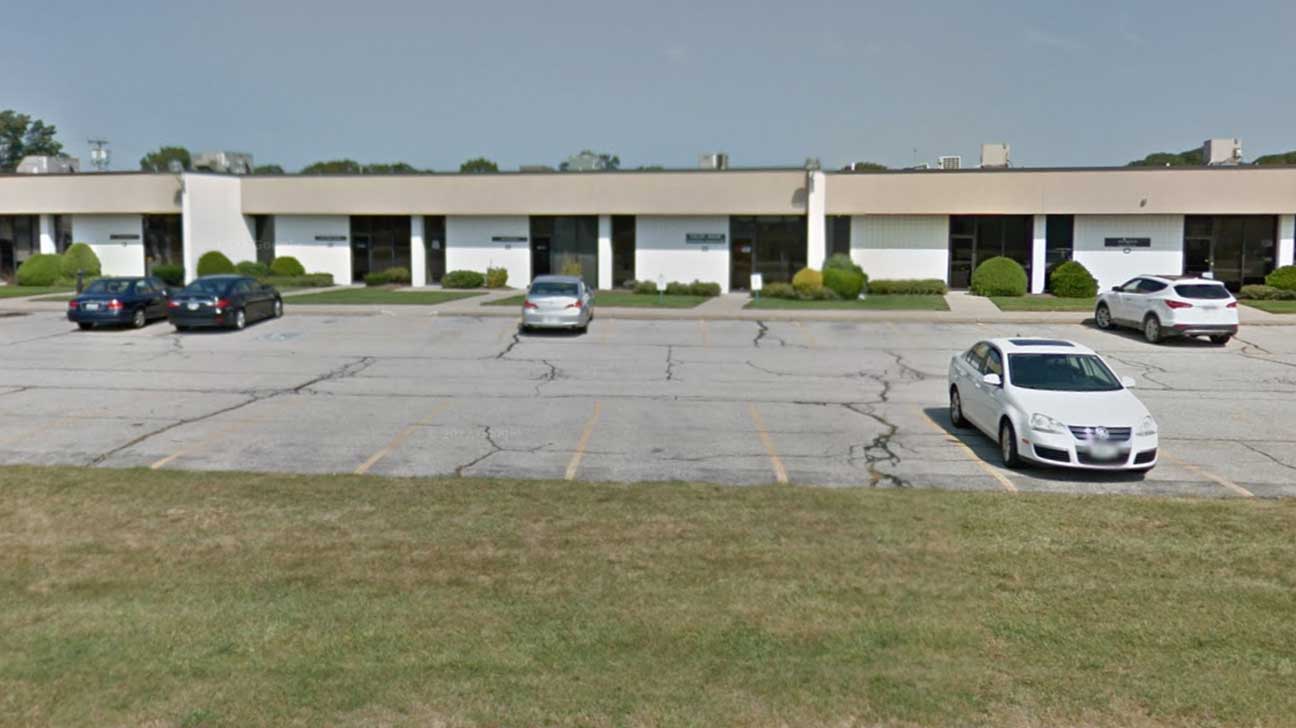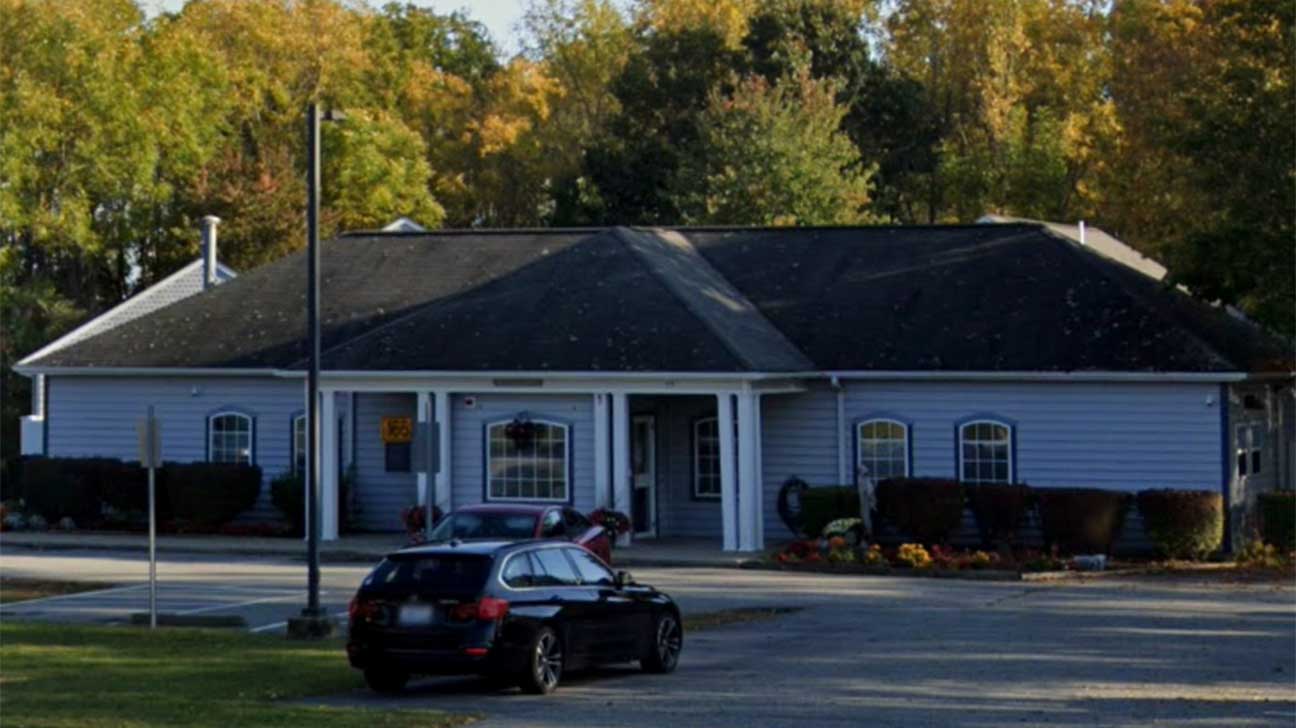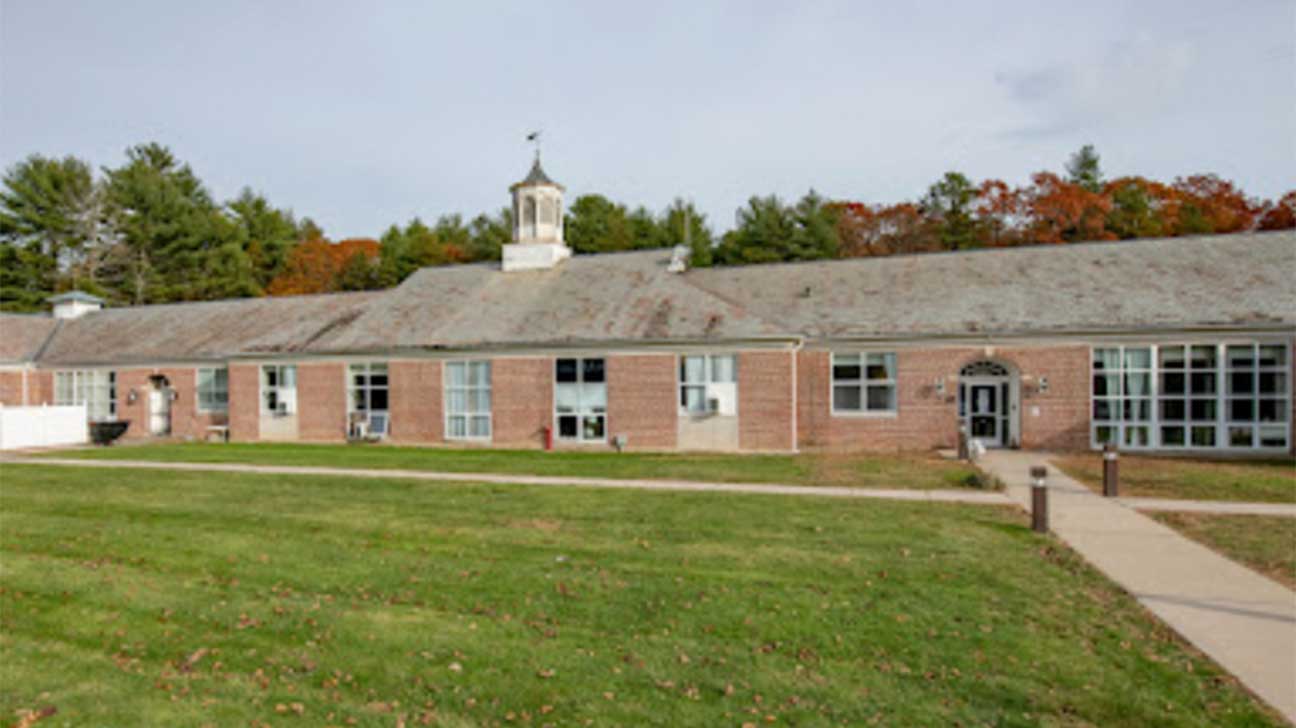
Pregnant women facing addiction can find support and treatment at specialized substance abuse recovery facilities in Rhode Island.
These facilities provide behavioral health services and other services for pregnancy to ensure the well-being of both the parent and the unborn child. Read on to learn more information.
List Of Substance Abuse Treatment Centers For Pregnant Women In Rhode Island
The following Rhode Island drug treatment centers have been chosen based on their accreditations, staff licenses, and other marks of excellence.
1. Addiction Recovery Institute, Warwick, Rhode Island
Addiction Recovery Institute is an addiction treatment center in Warwick, RI, that offers many outpatient services for pregnant women and others with chemical dependency.
Trusted features:
- Commission on Accreditation of Rehabilitation Facilities (CARF) accreditation
- Substance Abuse and Mental Health Services Administration (SAMHSA) certification
- state licensure
- licensed staff
Levels of care:
- drug detox
- alcohol detox
- outpatient treatment (OP)
- medication-assisted treatment (MAT)
Treatment services:
- methadone treatment
- trauma-informed therapy
- treatment referrals
- dual diagnosis treatment
- naltrexone treatment
- cognitive behavioral therapy (CBT)
- pregnant women’s addiction treatment
- counseling
- telehealth
- relapse prevention
- buprenorphine treatment
- case management
- women’s addiction treatment
Payment options:
- TRICARE
- Medicaid
- private health insurance
- self-pay
Location and contact information:
205 Hallene Rd.
Warwick, RI 02886
(401) 737-4788
2. BHG Middletown Treatment Center, Middletown, Rhode Island
BHG Middletown Treatment Center is a drug recovery center in Middletown, RI, that assists pregnant and postpartum women with overcoming drug use and mental health disorders.
Trusted features:
- Joint Commission accreditation
- Substance Abuse and Mental Health Services Administration (SAMHSA) certification
- state licensure
- licensed staff
Levels of care:
- detoxification
- intensive outpatient program (IOP)
- outpatient program (OP)
- medication-assisted treatment (MAT)
Treatment services:
- trauma-informed therapy
- relapse prevention
- case management
- individual therapy
- veterans treatment
- naltrexone treatment
- counseling
- LGBTQ + services
- telehealth
- deaf and hard-of-hearing services
- treatment referrals
- anger management
- methadone treatment
- buprenorphine treatment
- 12-step recovery groups
Payment options:
- Medicaid
- Medicare
- private health insurance
- government funding
- self-pay
- sliding fee scale
- TRICARE
Location and contact information:
26 Valley Rd.
Ste. #201-202
Middletown, RI 02842
(401) 552-4673
3. SSTAR of Rhode Island, Inc., Cranston, Rhode Island
SSTAR of Rhode Island, Inc. is an addiction recovery program in Cranston, RI, that offers pregnant women mental health treatment and other recovery services to treat substance abuse.
Trusted features:
- state licensure
- licensed staff
- nonprofit status
Levels of care:
- residential treatment
Treatment services:
- case management
- treatment referrals
- 12-step recovery groups
- transportation services
- deaf and hard-of-hearing services
- drug testing
- counseling
- diagnostic assessments
- individual therapy
- counseling
- trauma-informed therapy
- relapse prevention
Payment options:
- Medicaid
- self-pay
- government funding
- private health insurance
Location and contact information:
1757 Indian Wood Cir.
Maumee, OH 43537
(567) 384-4138
4. Zinnia Exeter, Exeter, Rhode Island
Zinnia Exeter is a drug addiction treatment facility in Exeter, RI, that assists pregnant mothers through the detox process and beyond.
Trusted features:
- Commission on Accreditation of Rehabilitation Facilities (CARF) accreditation
- Substance Abuse and Mental Health Services Administration (SAMHSA) certification
- state licensure
- licensed staff
- nonprofit status
Levels of care:
- residential treatment
- inpatient treatment
- detoxification
- medication-assisted treatment (MAT)
Treatment services:
- relapse prevention
- treatment referrals
- individual therapy
- 12-step recovery groups
- telehealth
- women’s addiction treatment
- anger management
- counseling
- trauma-informed therapy
- case management
- LGBTQ+ services
- pregnant women’s addiction treatment
- veterans treatment
Payment options:
- Medicaid
- private health insurance
- government funding
- self-pay
- TRICARE
Location and contact information:
251 Main St.
Exeter, RI 02822
(401) 295-0960
How Is Substance Abuse Treated During Pregnancy?
Similar addiction treatment services used for non-pregnant individuals are also effective for pregnant women, including counseling, therapy, and group facilitation.
Substance abuse facilities integrate evidence-based approaches and medical services to ensure positive results for pregnant women and their babies.
Professional addiction healthcare staff create treatment plans for recovery post-childbirth, which may involve sober living, outpatient treatment, or other treatment options.
Explore Resources For Substance Abuse During Pregnancy
Pregnant and postpartum women who are looking for assistance in their drug addiction recovery can access various resources to support their long-term journey.
Acquire valuable information on substance abuse from organizations such as:
- American Pregnancy Association (APA)
- Substance Abuse and Mental Health Services Administration (SAMHSA)
- National Institute on Drug Abuse (NIDA)
- Centers for Disease Control and Prevention (CDC)
Safe Detoxification For Pregnant Women
While drug or alcohol detoxification carries some risks for both the parent and the unborn child, untreated substance abuse poses even greater dangers.
Pregnancy-focused addiction treatment programs implement protocols to optimize outcomes during and after detox, if detox is determined to be a safe option.
Medical detox provides round-the-clock medical supervision and medication-assisted treatment (MAT), which helps ensure a safe and effective withdrawal.
These treatments significantly reduce the risk of neonatal abstinence syndrome (NAS) in the baby and alleviate challenging withdrawal symptoms for the mother.
FAQs About Drug And Alcohol Rehab Facilities For Pregnant Women
To obtain valuable information and answers to your questions, refer to the frequently asked questions (FAQs) answers provided below.
How Can A Pregnant Woman Safely Detox From Opioids?
Pregnant women who need to safely detox from opioids should seek professional medical assistance. It is crucial to consult with healthcare providers to ensure safety.
Rhode Island facilities can provide appropriate medical supervision and support for a safe detox from opioids, such as methadone treatment, counseling, and therapy.
If the pregnant person’s healthcare team determines that detox presents a significant risk to both the parent and the fetus, you may discuss medication-assisted treatment (MAT).
Can My Children Come To A Drug And Alcohol Treatment Center With Me?
The policy regarding children accompanying a parent to addiction treatment may vary depending on the treatment provider.
Some facilities may have programs or resources available to accommodate children, while others may have restrictions due to safety or program-specific reasons.
What Are Some Alternatives To Inpatient Drug Rehab Programs?
Alternatives to inpatient treatment for substance abuse include outpatient drug rehab programs, programs, partial hospitalization programs (PHP), and sober living.
These options offer varying levels of long and short-term support while allowing individuals to reside at home or in a supportive living environment.
Find Drug And Alcohol Addiction Treatment Today
DetoxRehabs.net is a comprehensive resource for you or a loved one with substance abuse, providing answers to your inquiries. Reach out to our team today.
Article Sources- Centers for Disease Control and Prevention (CDC)
https://www.cdc.gov/pregnancy/opioids/resources.html - National Institute on Drug Abuse (NIDA)
https://nida.nih.gov/publications/research-reports/substance-use-in-women/substance-use-while-pregnant-breastfeeding - Substance Abuse and Mental Health Services Administration (SAMHSA)
https://findtreatment.gov/




